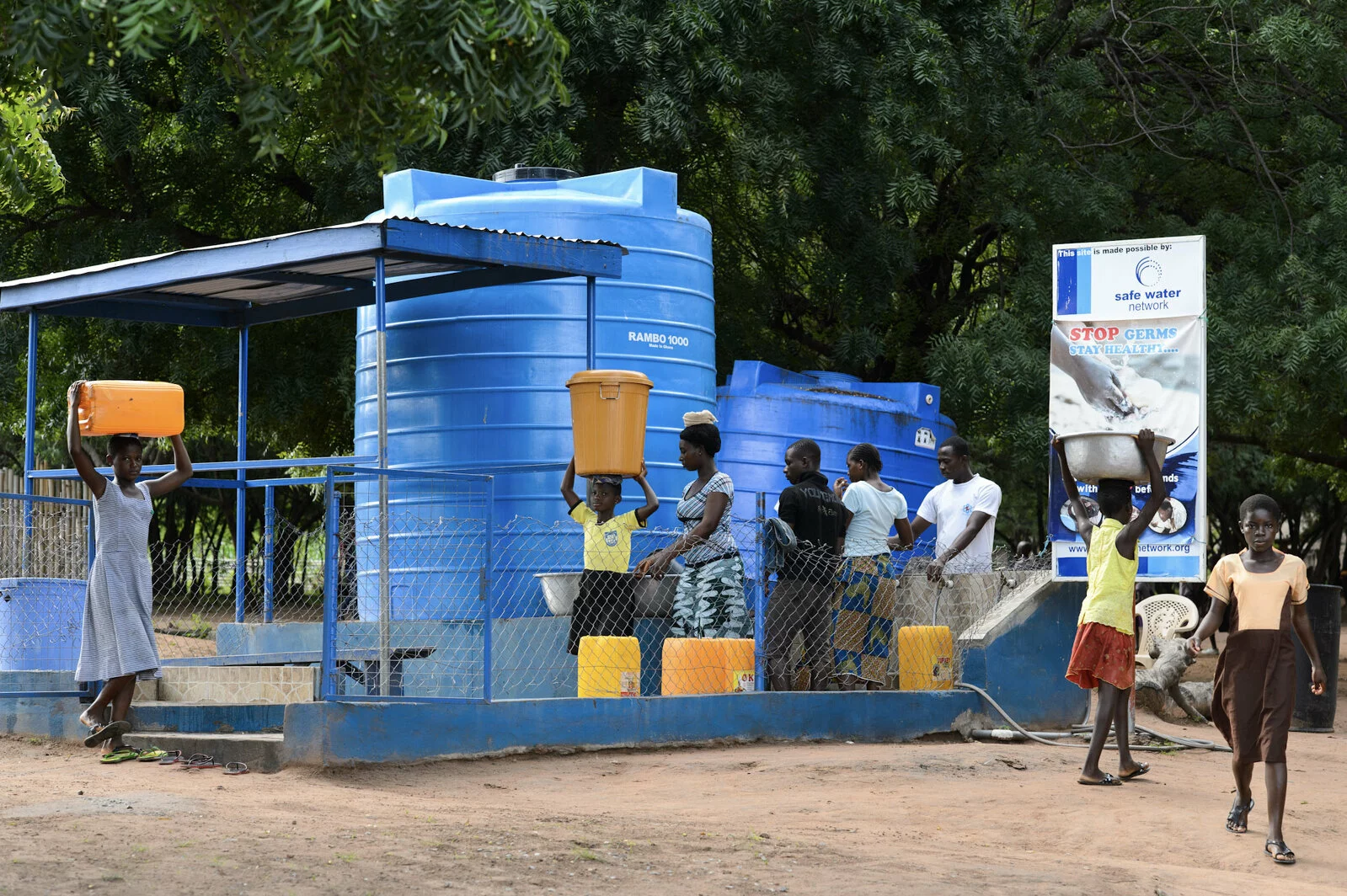Sharing Values to Market Rural Water
Safe Water Network partnered with Modern Architects of Rural India to introduce a market-based model to 55 Safe Water Stations.
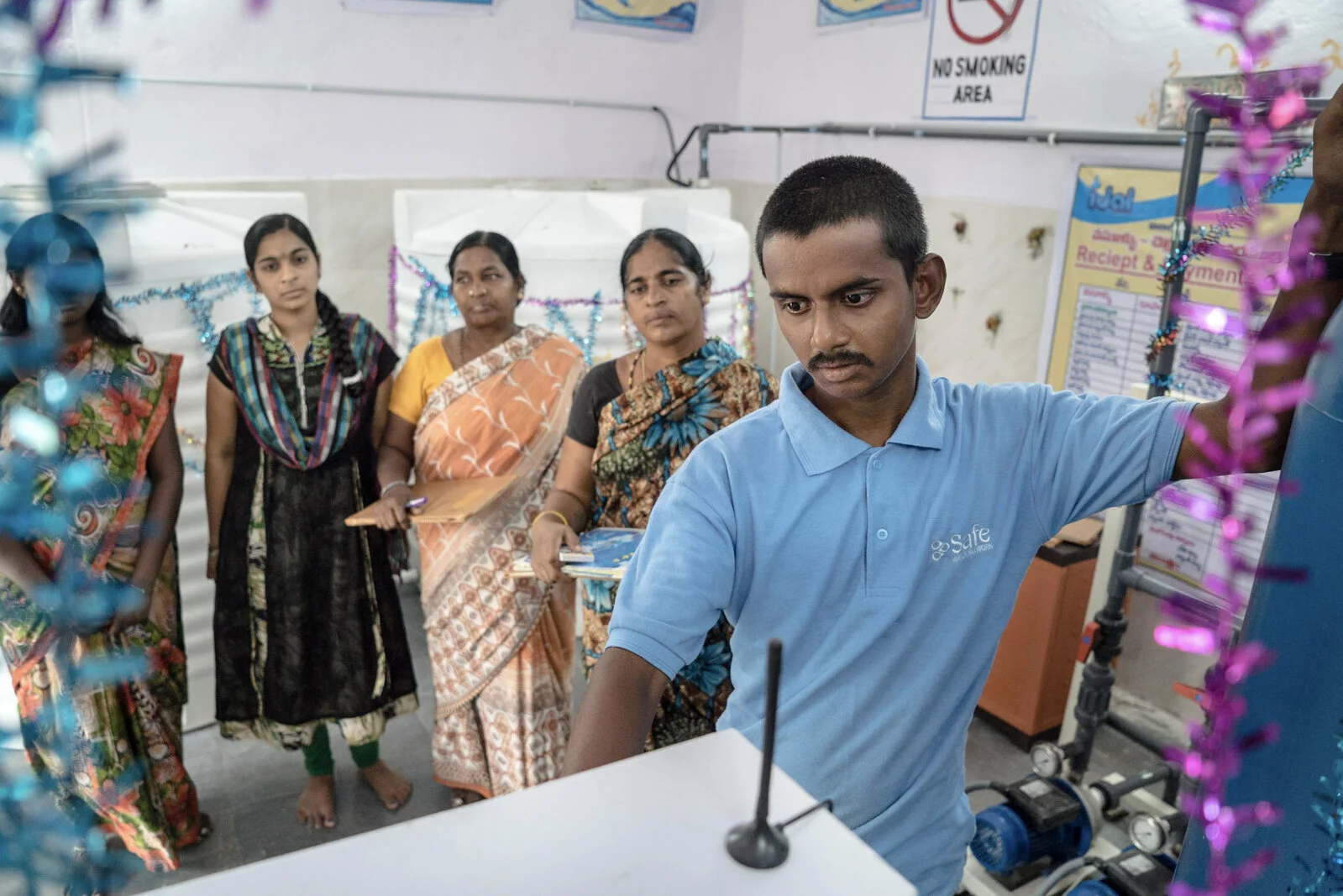
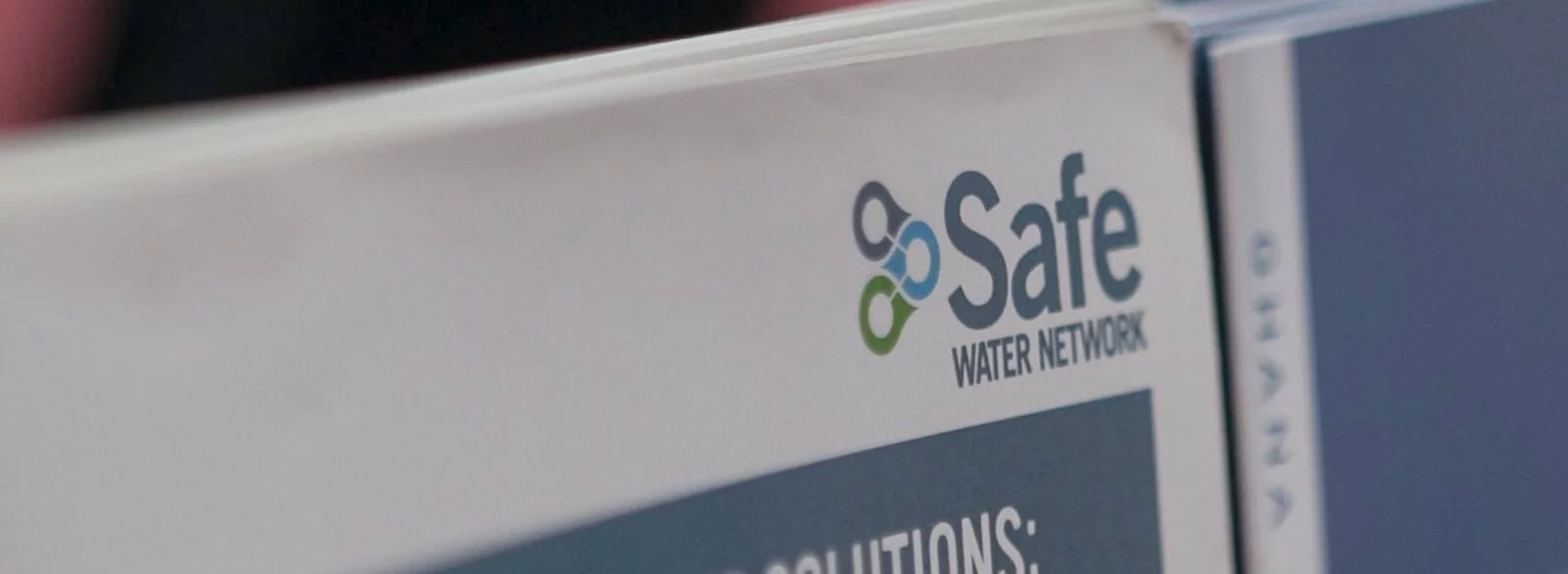
Safe Water Network partnered with Modern Architects of Rural India to introduce a market-based model to 55 Safe Water Stations.

A significant cost-effective approach implemented in Ghana was establishing pipeline-connected points of sale to the water systems in the country.
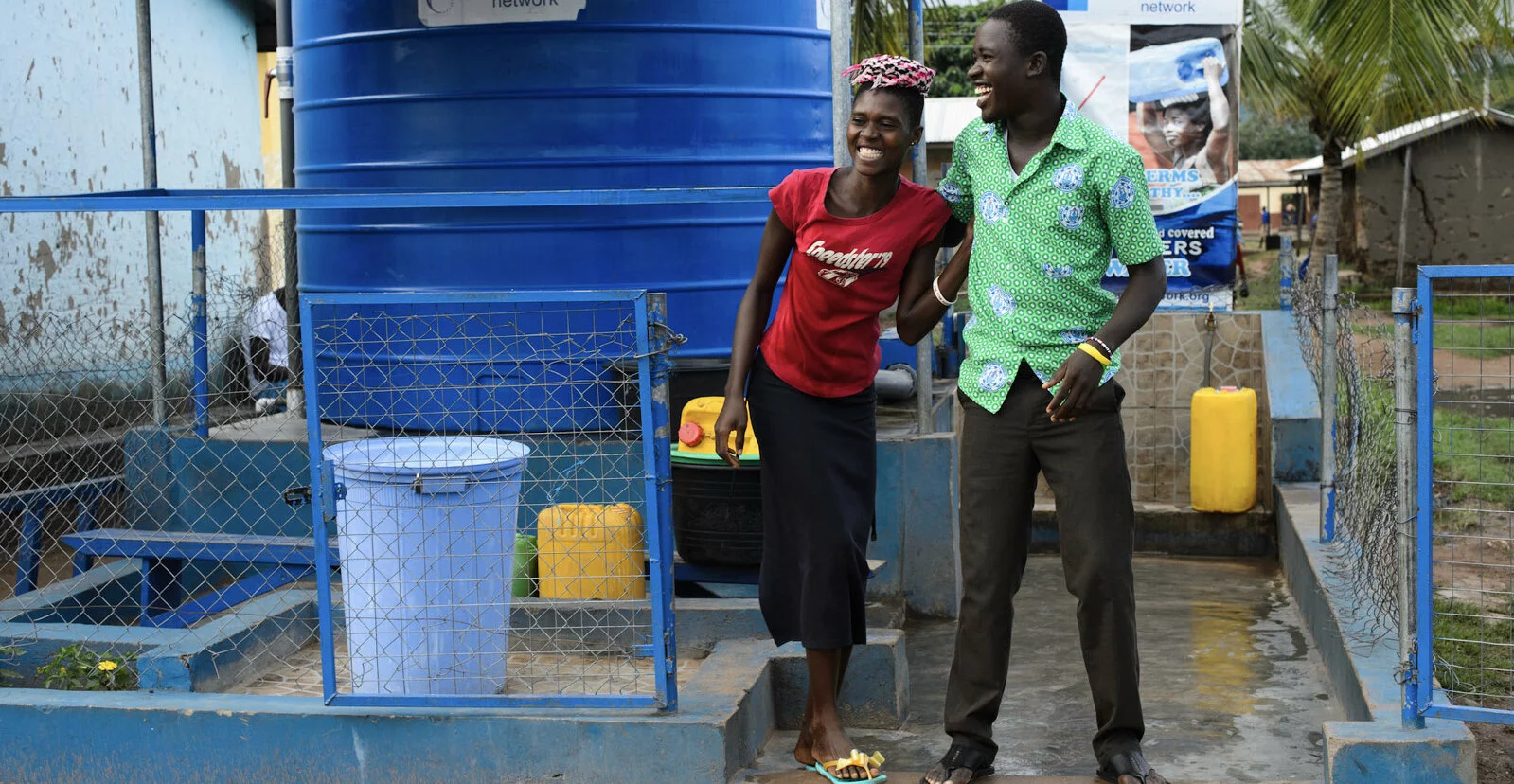
Modular Slow Sand Filtration (MSSF) technology offers the perks of covering operating costs while making water affordable to the community.
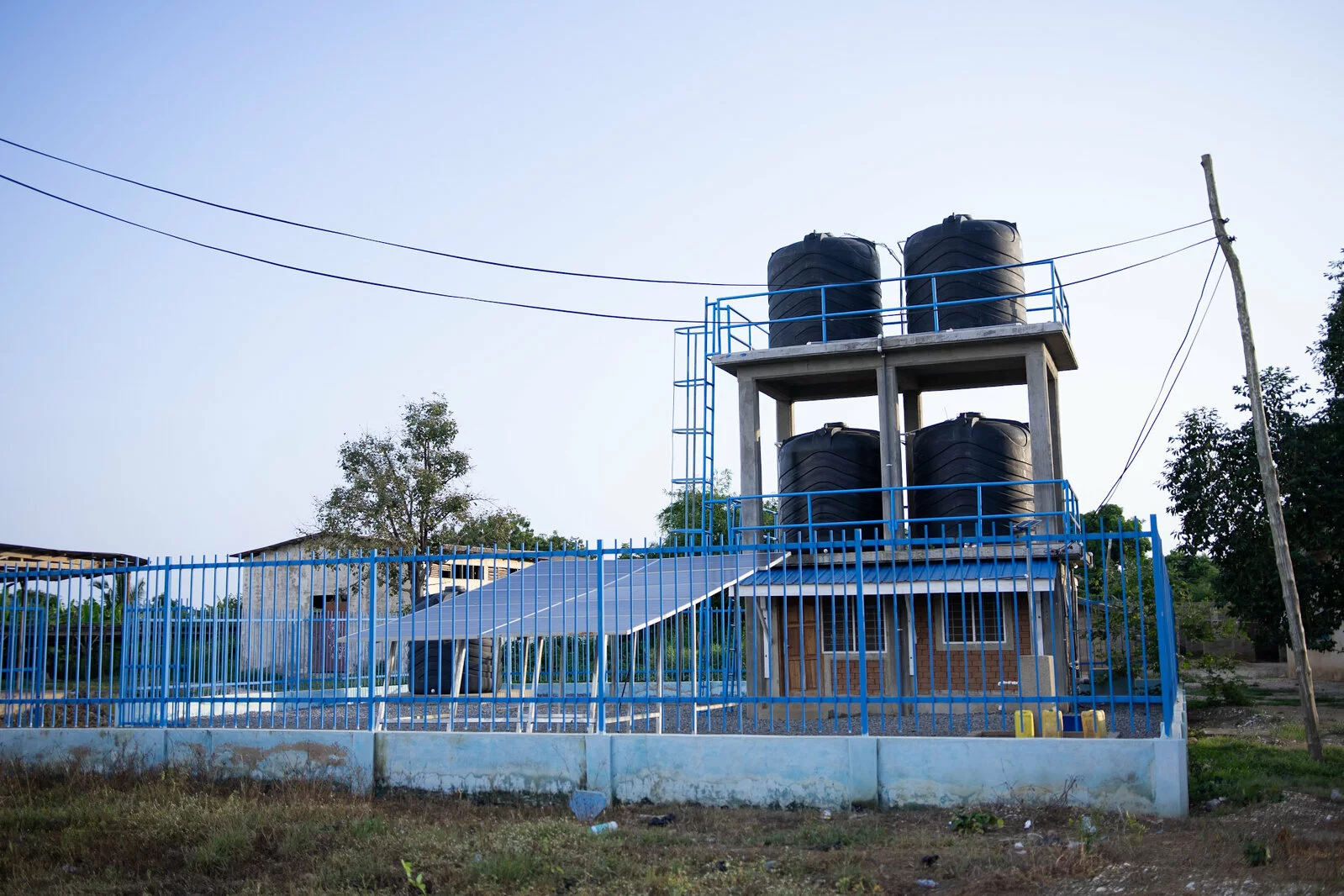
Safe Water Network analyzes two case studies in Atebubu and Oyibi, Ghana to comprehend the pros and cons of operating water systems in geographic clusters under centralized management.
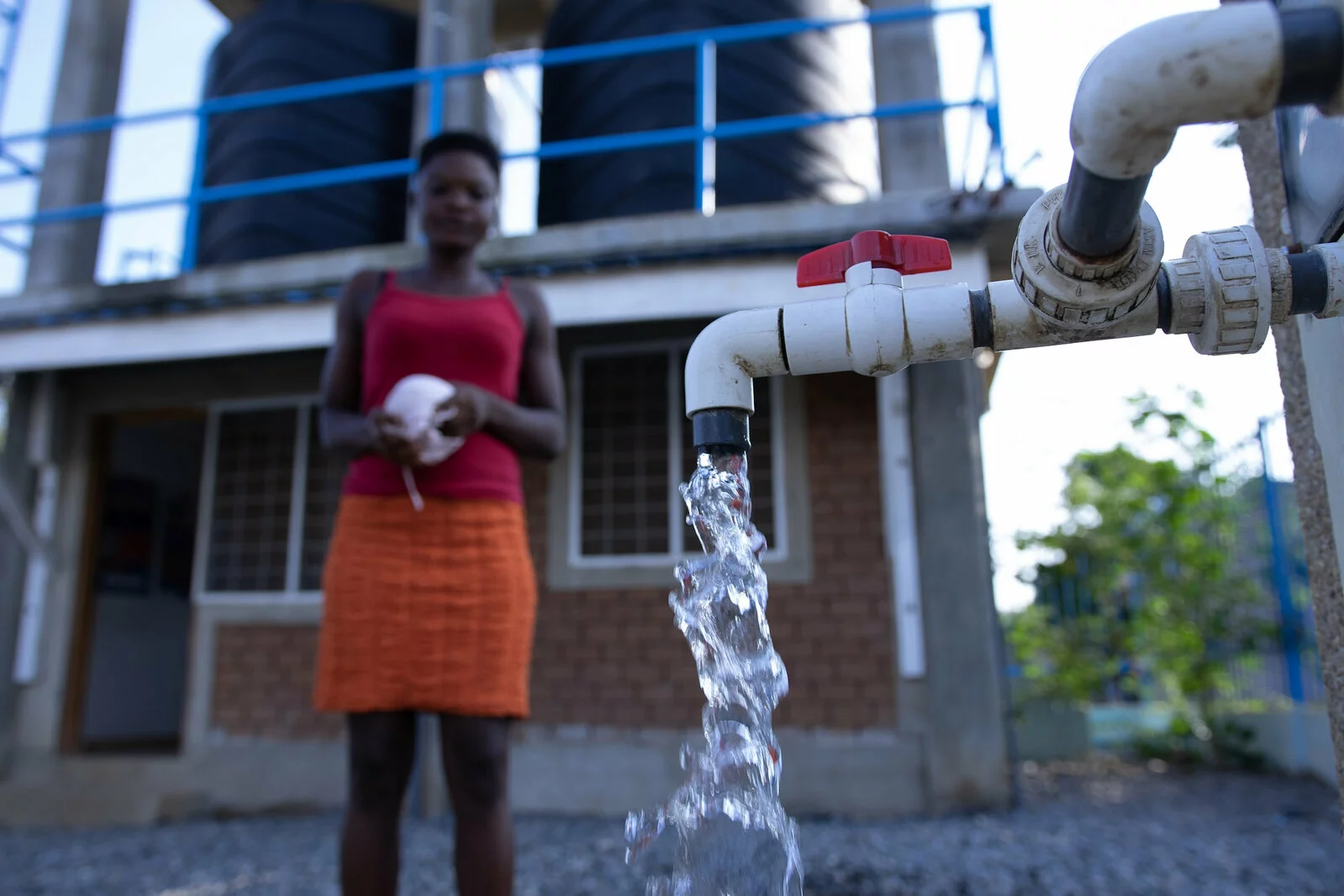
Cost-effective delivery systems are key to ensuring the financial viability of safe water stations. Our Safe Water Stations operate at low margins in order to maintain affordable prices for consumers.
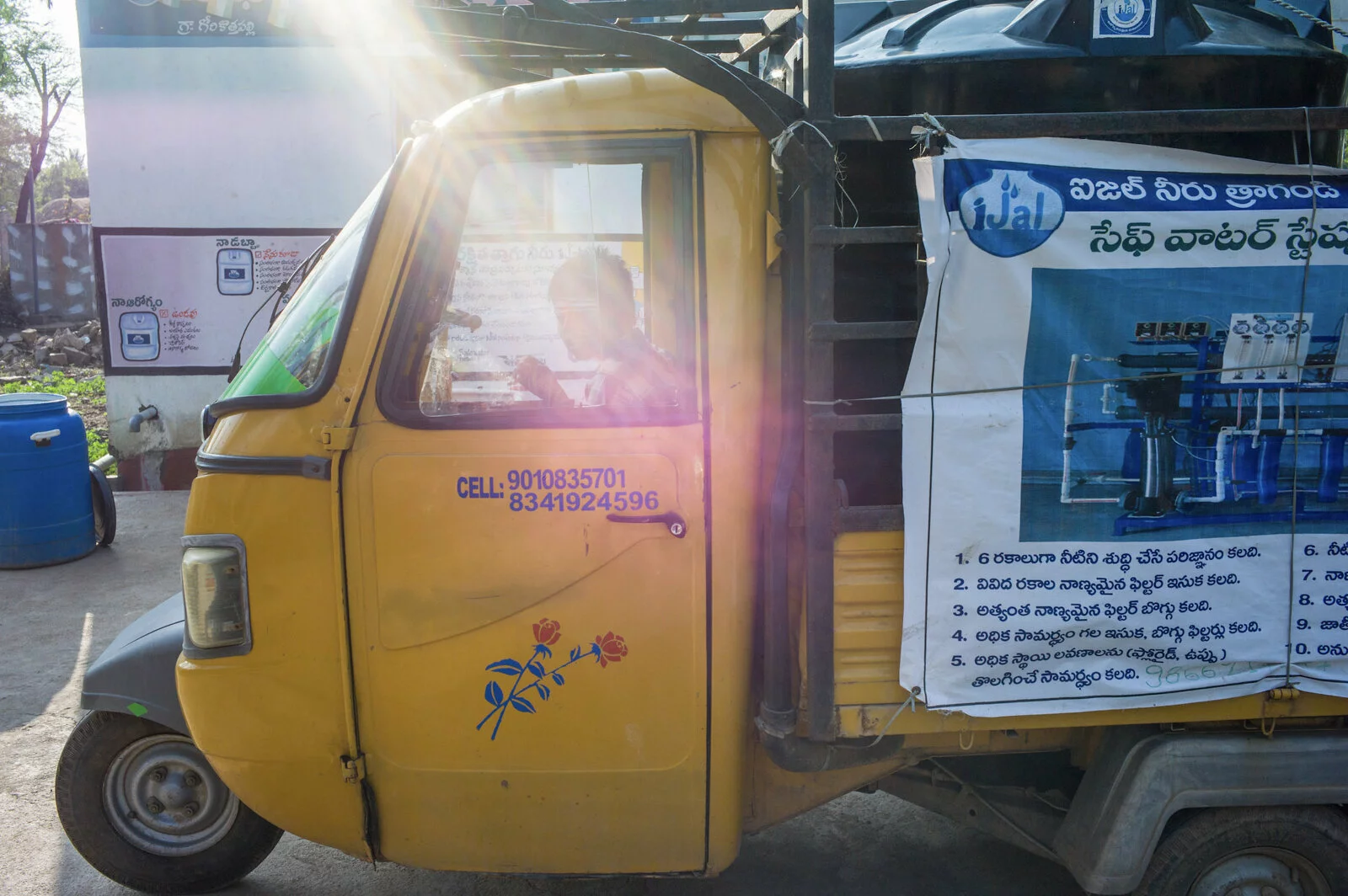
This study focused on how market-based approaches (both commercial and hybrid solutions) can provide the rural and small-town poor in Ghana with safe drinking water.
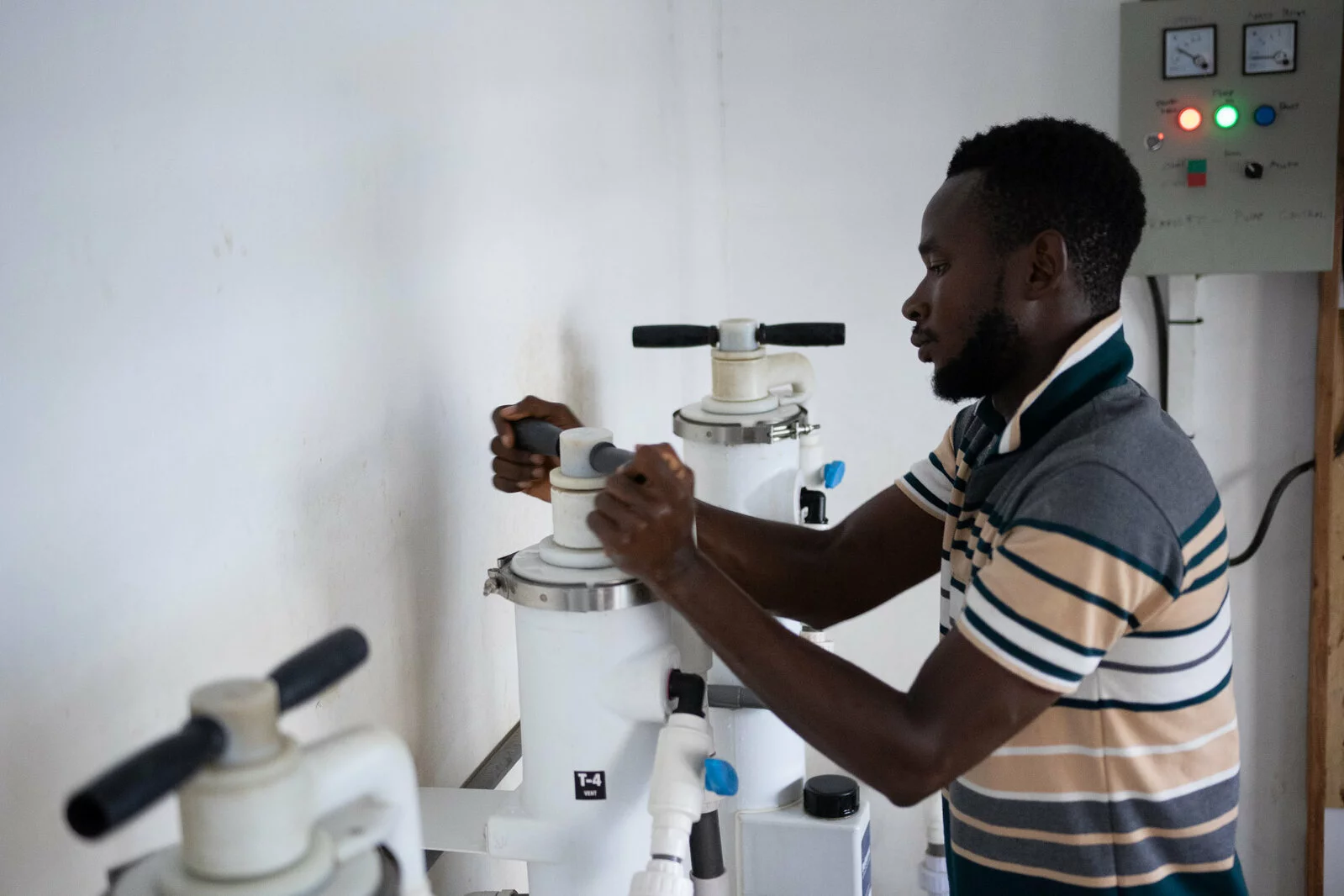
Developed by Safe Water Network with support from the PepsiCo Foundation, this tool kit is designed to establish safe water systems, consisting not only of the physical infrastructure, but also of the human relationships, capacities, knowledge, and processes necessary to keep such systems operating successfully over the long term.
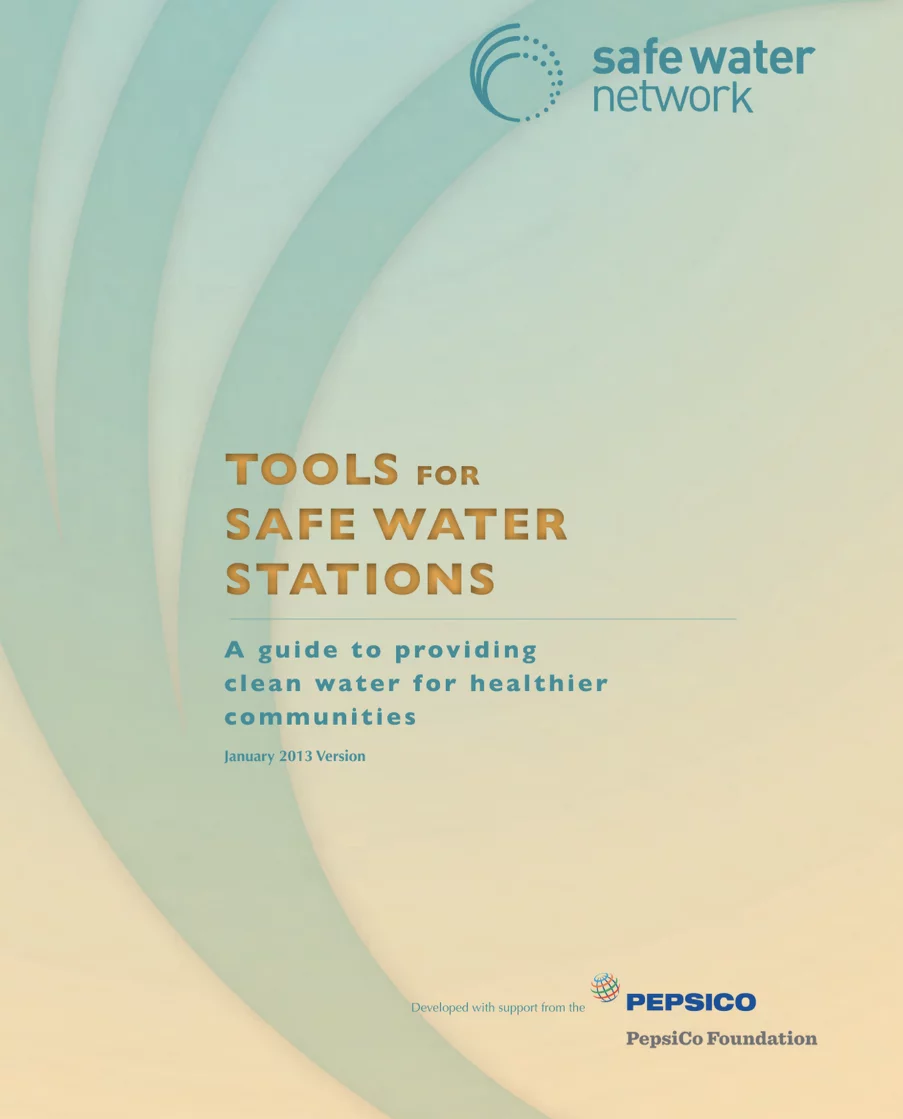
Safe Water Network’s goal was to determine how effective locally-owned, decentralized safe water systems could provide communities in Ghana with safe drinking water on a sustainable and economically self-sufficient basis.
